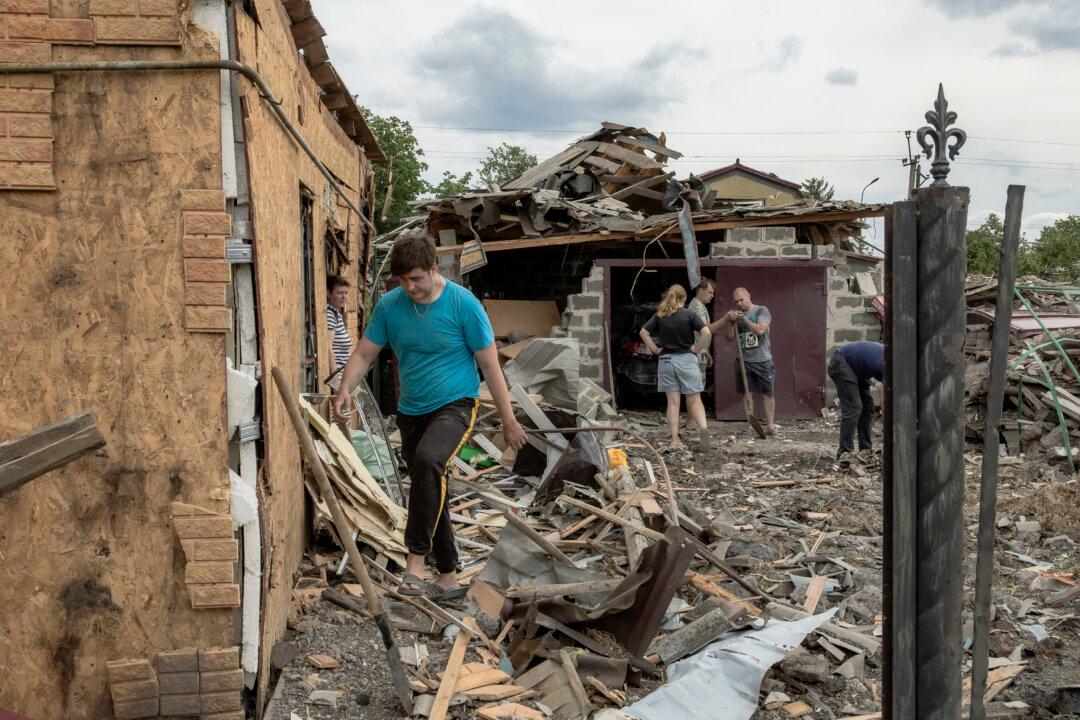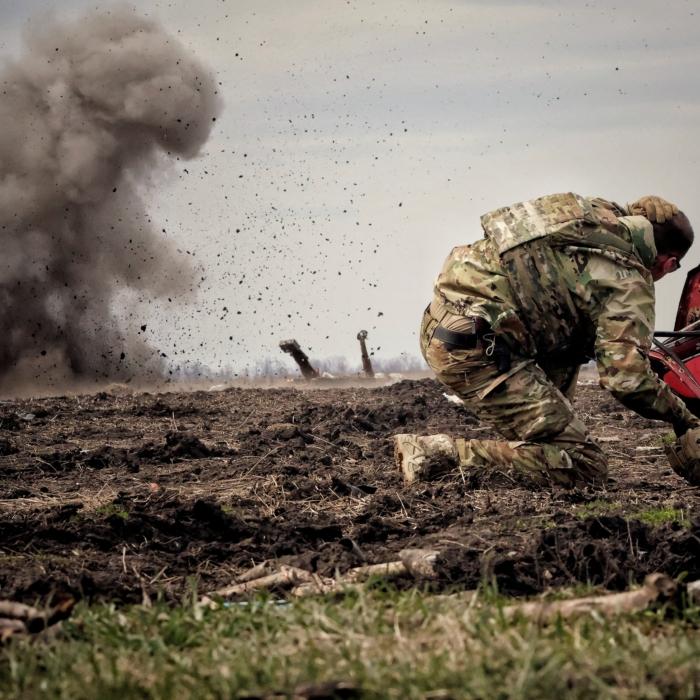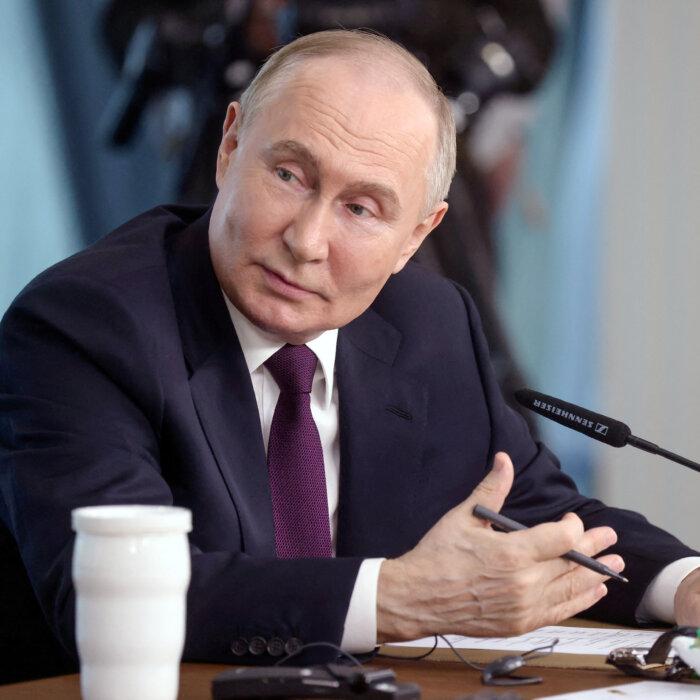Russian forces have captured the village of Novohrodivka near the strategic town of Pokrovsk, Moscow’s defense ministry claimed on the evening of Sept. 8.
“The settlement of Novohrodivka [Novogrodovka in Russian] in the Donetsk People’s Republic has been liberated by the [Russian military’s] Battlegroup Center,” the defense ministry said in a statement.
Over the previous 24 hours, it added, Russian forces had “continued advancing deep into the enemy’s defenses” in the eastern Donetsk region.
Russia invaded and effectively annexed Donetsk, along with three other regions of Ukraine, in 2022.
With support from its Western allies, Kyiv has vowed to continue fighting—despite Russia’s numerical superiority—until all lost territory is recovered.
As of publication, Kyiv had yet to confirm the loss of Novohrodivka.
But on Sept. 8, the general staff of Ukraine’s military said its forces had beaten back numerous waves of Russian attacks near the village.
“Our troops are taking measures to maintain designated positions,” it said in a statement.
Novohrodivka sits roughly seven miles southeast of the town of Pokrovsk, a critical Ukrainian transit and logistics hub.
The fall of Pokrovsk to Russian forces would adversely impact Kyiv’s defensive capacities and severely disrupt its supply lines to the eastern front.
It would also bring Moscow one step closer to exerting control over the entire Donbas region—a key Russian objective since the start of the conflict.
Moscow’s forces now control roughly 80 percent of the Russian-speaking Donbas, which is made up of Donetsk and Luhansk.
Russia’s steady advance toward Pokrovsk coincides with an ongoing Ukrainian cross-border offensive in Russia’s western Kursk region.
Last week, Russian President Vladimir Putin said Kyiv’s offensive—now in its second month—had failed to slow Russia’s advance on the eastern front.
“The enemy’s goal was to make us ... transfer troops from one sector to another and to stop our offensive in key areas, primarily in Donbas,” Putin said.
“Did it work? No.”
According to Putin, Kyiv’s ongoing offensive in Kursk served to weaken Ukrainian defenses in Donetsk, paving the way for additional Russian territorial gains.
The Russian leader made the remarks at an economic forum held in Russia’s far-eastern city of Vladivostok on Sept. 5.
On the same day, Oleksandr Syrskyi, Ukraine’s top military commander, said the strategy behind Kyiv’s cross-border offensive was “working.”
“And this weakening has definitely been felt in other areas.”
The Epoch Times could not independently verify battlefield claims made by either side.

Alleged Airspace Breaches
In a related development, NATO members Romania and Latvia both claimed on Sept. 8 that Russian drones had violated their airspace.Romania shares a roughly 400-mile border with Ukraine. Latvia shares a 133-mile border with Russia and a 173-mile border with Belarus, a key Russian ally.
In a statement, Romania’s defense ministry said its radar systems had “identified and tracked the path of a drone which entered national airspace and then exited towards Ukraine.”
In response to the alleged airspace breach, Romanian authorities scrambled fighter jets and urged residents of two southeastern districts to seek shelter.
Latvia, meanwhile, claimed that a drone had entered its airspace from Belarus before crashing near Latvia’s eastern city of Rezekne.
Latvian Defense Minister Andris Spruds told Latvia’s LETA news agency that the alleged airspace breach was “confirmation” that Latvia needs to continue the work it has started to strengthen its eastern border.
Writing on social media platform X, Latvian President Edgars Rinkevics called for a collective NATO response to the alleged violation.
“The number of such incidents is increasing along the eastern flank of NATO,” he wrote. “We must address them collectively.”
Mircea Geoana, NATO’s deputy chief, decried the alleged airspace breaches as “irresponsible and potentially dangerous.”
However, there was no indication of a deliberate attack on a NATO ally, he said.
Writing on X, Andrii Sybiha, Ukraine’s newly appointed foreign minister, called the alleged airspace violations “a stark reminder that Russia’s aggressive actions extend beyond Ukraine.”
Moscow has yet to comment on the claims by Romania and Latvia.
According to Russia’s TASS news agency, Moscow’s charge d’affaires in Riga, Latvia’s capital, has been summoned by Latvia’s foreign ministry to respond to the allegations.







